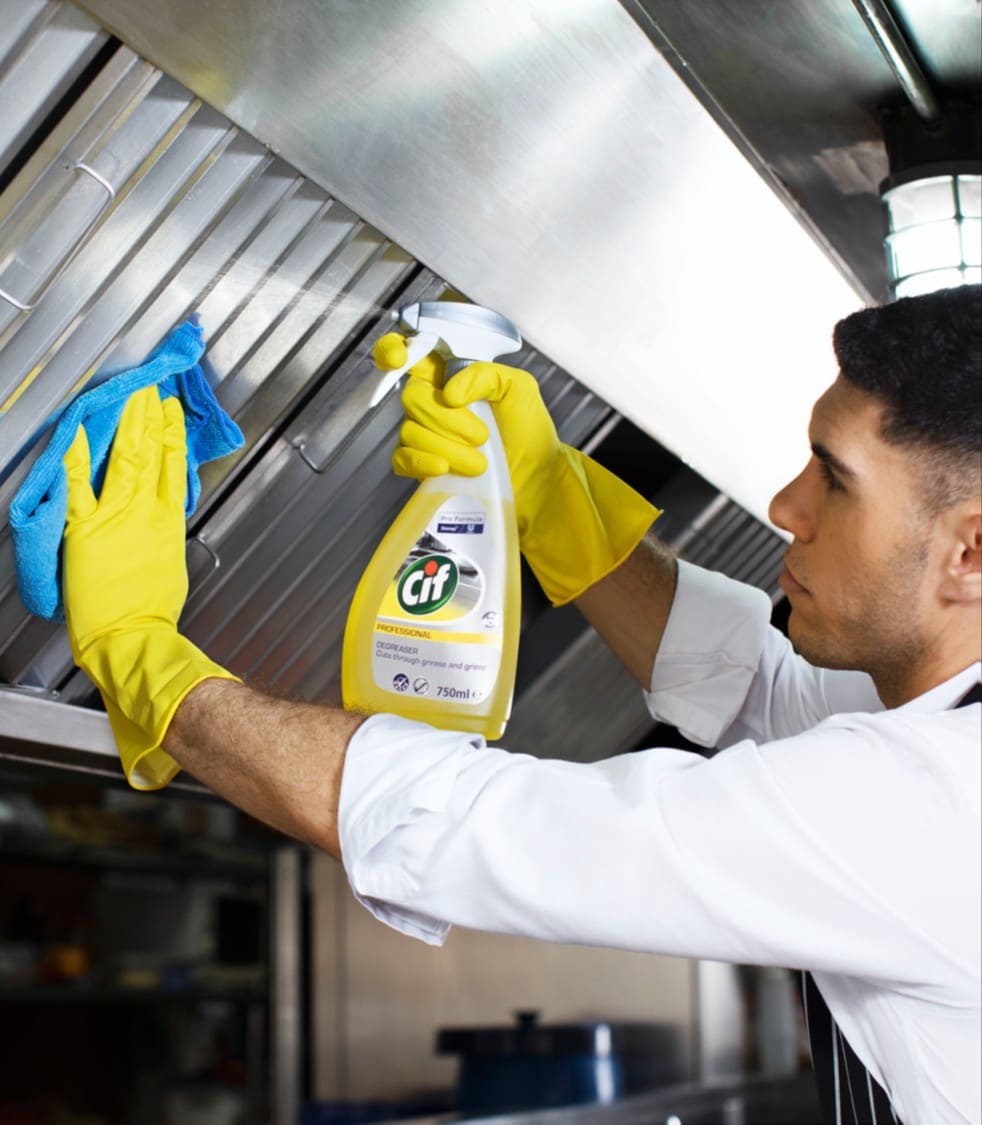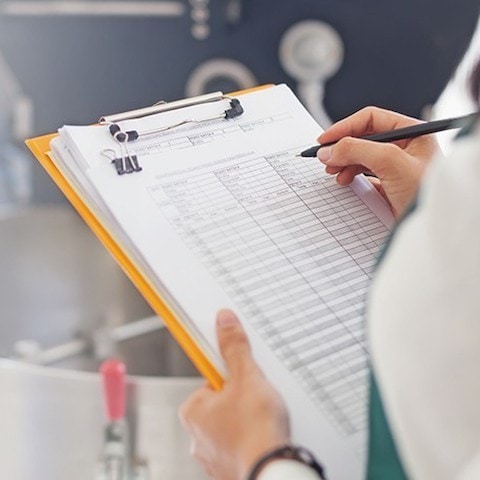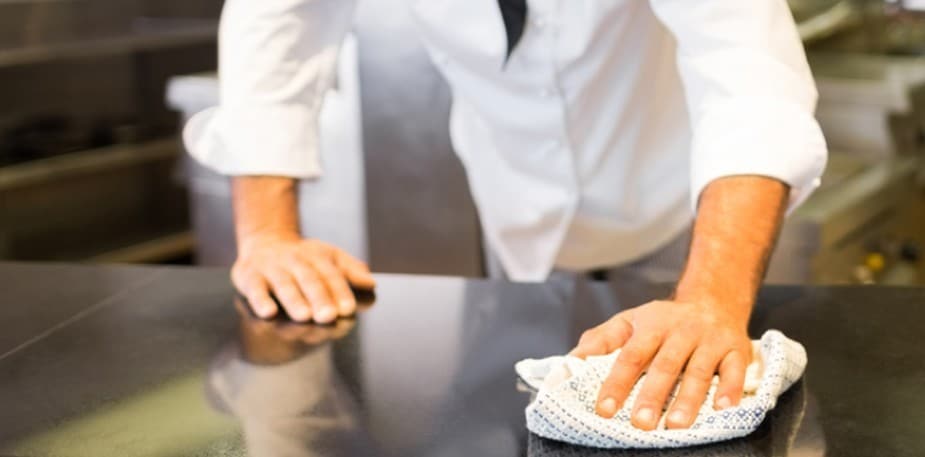Food Safety, Hygiene & Professional Cleaning
Keep your business running smoothly with the latest expert tips
-
![Professional kitchen cleaning: Checklists, products & best practices]()
Professional kitchen cleaning: Checklists, products & best practices
Good hygiene practices reduce risk of infection and now, more than ever, it’s imperative for hospitality businesses to ensure t...
-
![Commercial Kitchen Hygiene: Key Contact Points for Cleaning in Restaurants]()
Commercial Kitchen Hygiene: Key Contact Points for Cleaning in Restaurants
A spotless kitchen and dining area are the backbone of any successful hospitality business. Maintaining high hygiene standards ...



